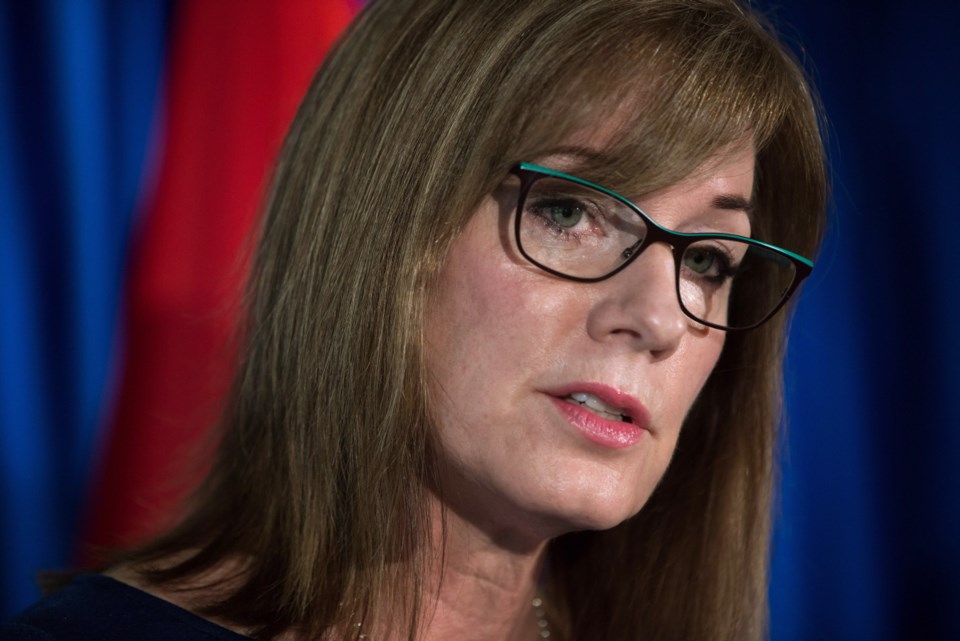Elizabeth Denham, B.C.’s information and privacy commissioner, has been reading the riot act to provincial politicians. Her venue was a legislative committee looking into allegations that ministries wilfully destroy electronic records.
It appears beyond question this is happening. There was the stultifying revelation that over a two-year period, staff in the Health Ministry kept only one email about the dismissal of seven drug researchers.
Then it emerged that Premier Christy Clark’s deputy chief of staff routinely deleted his electronic correspondence. And the RCMP are investigating allegations that a staffer in the Transportation Ministry lied under oath about erasing emails.
So Denham is right to be concerned. And her recommendations (20 in all, go some way to improving the situation.
Yet despite the urgency, she comes up short in three critical areas. The first has to do with the main issue at hand — the destruction of electronic correspondence.
Nobody accused the government of building bonfires behind the legislature to incinerate paper records. The question is how to protect emails.
Current legislation allows staff to delete emails they consider “transitory” — i.e., of no practical importance. That’s a huge loophole Denham hasn’t really closed.
She recommends that ministries be required to document “key actions and decisions,” such as the design of new programs or details of contracts.
But the kind of emails being improperly destroyed aren’t records of major decisions. Those are invariably preserved. They’re more likely to deal with politically damaging matters — the trading of favours, financial irregularities, administrative incompetence and so on. If Denham’s recommendations are accepted, emails of this sort will still disappear when a guilty party has something to hide.
Moreover, the problem is magnified if officials are permitted to use secure devices, such as BlackBerries, that evade oversight. But the commissioner is silent on this.
In a short, we need a more muscular regime. All emails, however designated, should be forwarded automatically to the provincial archive. There they can be sorted by professionals with no tracks to cover. And secure devices should be outlawed.
The second area of concern involves the right of parents to be informed when a crisis engulfs their child. Some years ago, the University of British Columbia failed to notify the mother of a student who had attempted suicide.
Shortly after, the young woman ended her life. University officials cited privacy concerns as the reason for their decision.
Last December, a 19-year old woman, Carly Fraser, killed herself by jumping off the Lions Gate bridge. She had spent years in foster care and was still a client of the Children’s Ministry.
Carly’s mother has spent the better part of a year trying to find out went wrong. But government officials are refusing to tell her, again citing privacy rules.
In part, the difficulty is that too much emphasis has been placed on the rights of the individual, while ignoring the needs of families and loved ones.
But there is a deeper problem. Privacy legislation steps too heavily — and clumsily — into parent-child relationships. It was foolish, and even arrogant, to intrude on this area of trust.
Worse still, bureaucrats, themselves often unsure about how to proceed, were given the ultimate decision-making responsibility. But what does an official do when faced with uncertainty? As Carly’s mother can testify, nothing, for that is the only safe answer.
If the committee decides to make changes, let it also clarify this matter. Parents are entitled to have their rights spelled out unambiguously.
And in crisis situations, those rights should have priority over other considerations.
The third area of concern has to do with the handling of patient information in the health sector. We’ll deal with this issue on Sunday.



